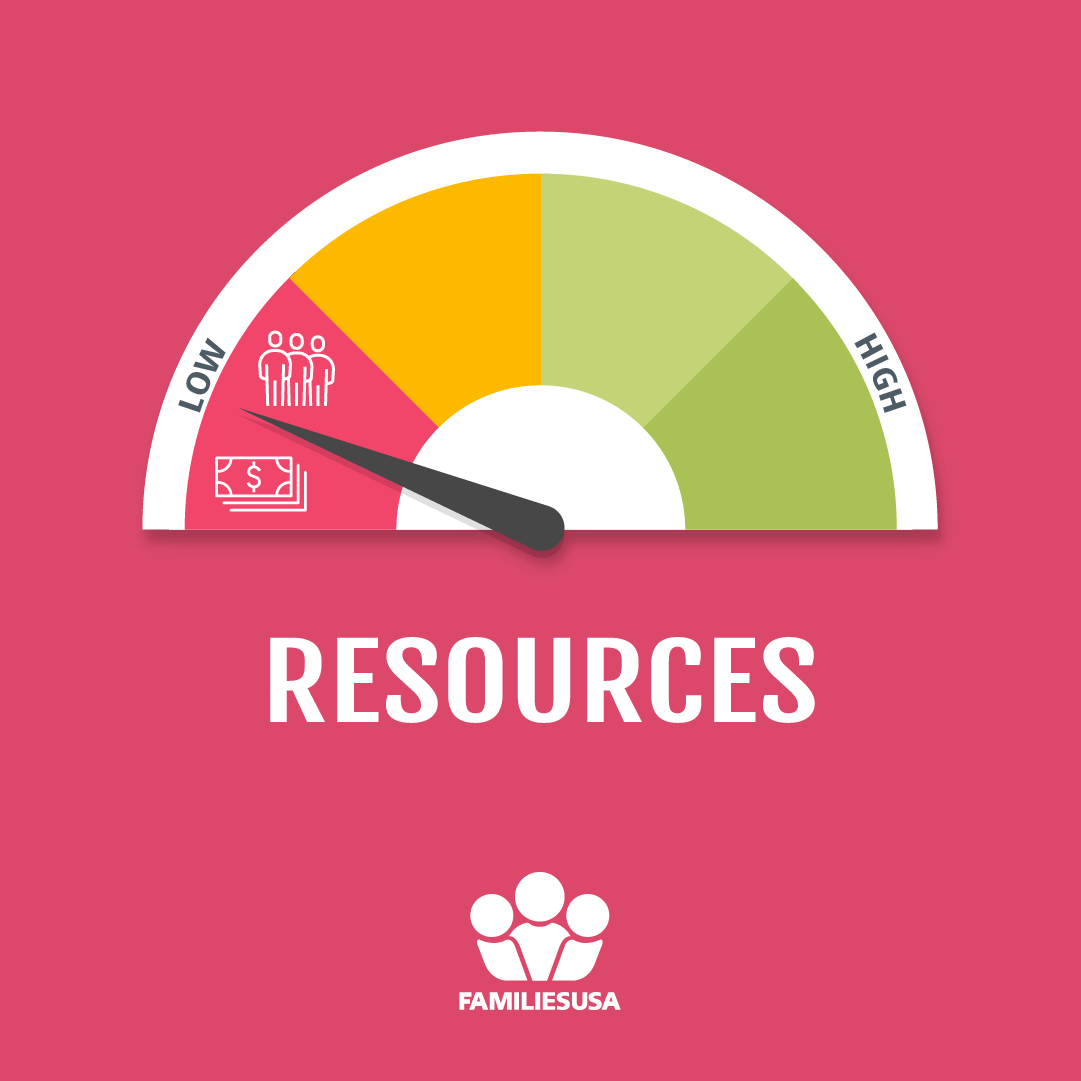Congress’s Health Care Agenda in Early 2018
01.05.2018
Happy 2018! We took a break over the holidays to restore ourselves and connect with family and community and hope you did, too. Health care advocates deserved time to celebrate and reflect after achieving monumental success in preventing the repeal of the Affordable Care Act and drastic cuts to Medicaid in 2017.
Even though Congressional Republicans were able to push through a partisan tax plan that repealed the individual mandate under the Affordable Care Act and set them up to make future cuts to Medicaid and Medicare, the new tax law remains unpopular.
Advocates and consumers did a great job describing the harmful impacts of the tax plan, a message that broke through on Capitol Hill and all over the country. However, we must be on guard for threats to important health laws and programs in 2018, and there are important health priorities that Congress still must address, rolling over from 2017.
Priorities on our federal legislative agenda for protecting health care in early 2018
1. Protecting the Affordable Care Act and Medicaid: Republican Senate Leader McConnell has been wavering on whether he wants include ACA repeal and significant cuts to Medicaid on the Senate agenda this year. Although he has gone back and forth on whether he wants to make health care a top agenda item for Republicans once again, health care advocates cannot get comfortable. Republican House Speaker Paul Ryan has been clear that he would like nothing more than to make drastic cuts to the safety net. Now is a crucial time to reach out to members of Congress to urge them to make 2018 a year where they protect health care and the safety net and refuse to support any legislation that that cuts coverage or increases costs.
2. Five-year funding for CHIP: 2018 has arrived without health security for the nearly 9 million children who are covered by the Children’s Health Insurance Program (CHIP). Short-term patches, like the one passed in late December, are unacceptable substitutes for stable, long-term funding. Advocates must continue to work hard to get a bipartisan 5-year extension of the CHIP program passed as soon as possible.
At the same time, Congress needs to act to protect the Dreamers, fund community health centers, provide much-needed disaster relief, and more. Congress has until January 19 to pass a comprehensive government funding bill, and the debt ceiling will also need to be addressed sometime this winter.
Over the coming weeks, there is much to be done by advocates, working off of the strong foundation of advocacy and community that led us to success in protecting health care in 2017. We look forward to working with you throughout 2018 towards our goal of achieving high-quality coverage and care and improved health for all!



